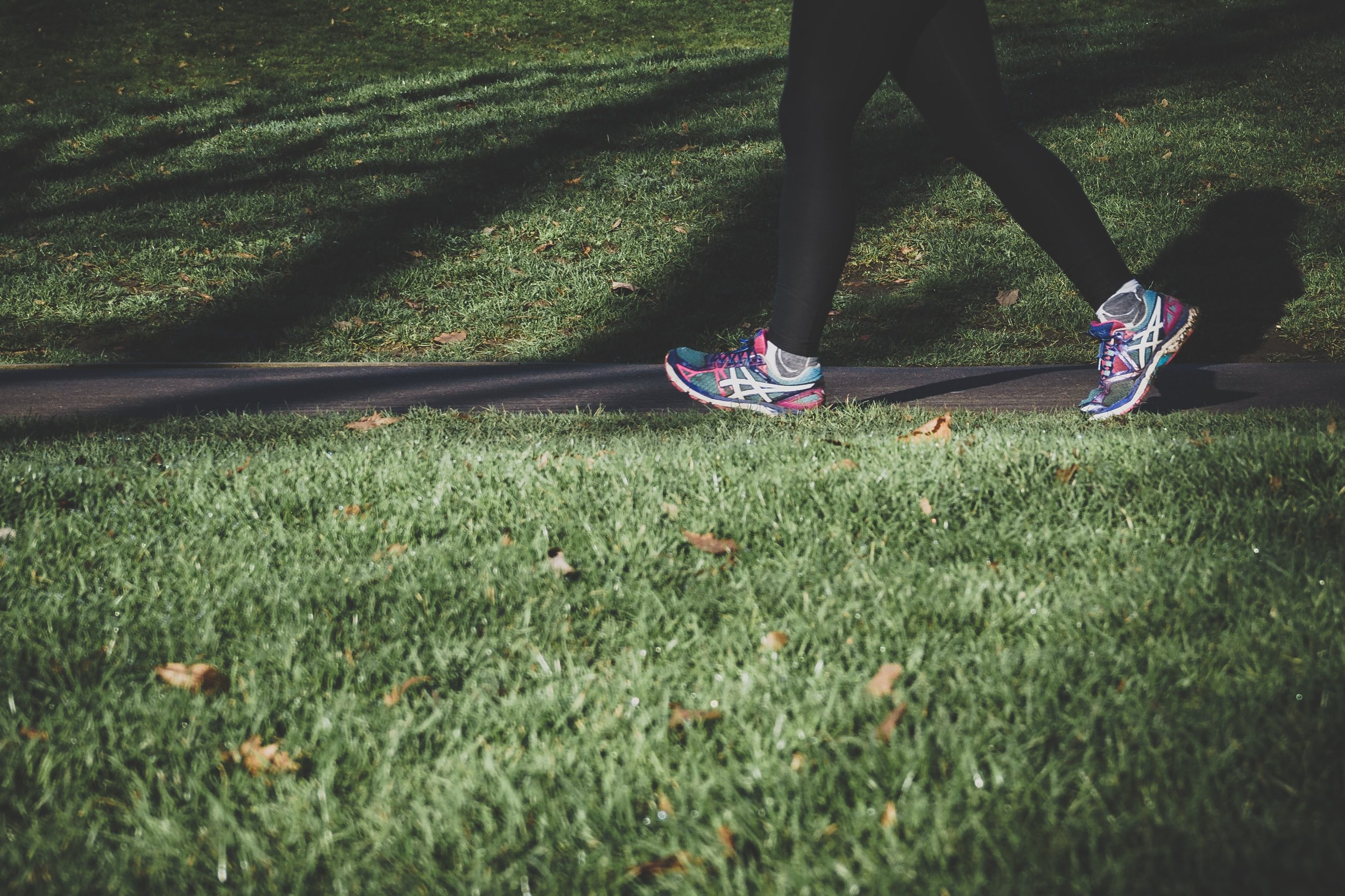Gout is an incurable form of arthritis that most commonly affects adults. It’s caused by an accumulation of uric acid in the body, and is characterised by excruciating pain, stiffness, and swelling in the joints.
If left untreated, gout can cause serious damage to the joints, and the condition can quickly worsen. As a result, it’s important to know what treatment options are available to you, both at home and through the help of medical professionals.
Here are three treatments that may help to slow the progression of gout.
Diet changes
Making changes to your diet is one of the best ways you can help reduce the symptoms and manage the effects of living with gout. Eating foods that are low in purine (a compound found in some foods) can help reduce uric acid levels. Examples of purine-rich foods include red meat, organ meats (such as liver or kidney), seafood, and certain types of alcohol. Eliminating or reducing these foods from your diet can help reduce inflammation and pain associated with the condition.
Additionally, eating more fruits and vegetables is recommended as they contain antioxidants that help protect against oxidative damage caused by uric acid crystals.
Photo by Emerson Vieira on Unsplash
Medication
There are several medications available to treat gout, which ultimately are intended to reduce inflammation and relieve pain. These are known as nonsteroidal anti-inflammatory drugs (NSAIDs). While these will commonly be recommended for gout sufferers, it’s always best to seek advice and professional guidance before taking them, particularly if other circumstances are likely to make you more vulnerable to side effects, such as people over 65, pregnant women and asthma sufferers.
Allopurinol is another medication that’s closely associated with gout, since it helps to reduce production of uric acid in the body. However, it can take a few months before you start to feel the effects, so it’s important to consider other lifestyle changes simultaneously.
Exercise
Regular exercise has been shown to be beneficial for those suffering from gout because it helps reduce inflammation and strengthen muscles around affected joints. Low-impact activities such as walking or swimming are recommended as they place less stress on the joints than high-impact activities like running or callisthenics. Exercise also improves overall health by helping with weight loss which can in turn help reduce uric acid levels in the body, as well as the amount of pressure that’s being applied to your joints.
Conclusion
Gout is a painful form of arthritis that affects millions of people around the world. Fortunately, as we’ve discussed, there are several treatments available that may help slow down its progression including dietary changes, medication, and exercise regimes tailored specifically for individuals with gout symptoms.
If you experience any signs or symptoms related to this condition, it’s important that you seek medical advice right away so you can start treatment early on before any permanent damage occurs. The earlier you start treatment for your gout symptoms, the better chance you will have at controlling them effectively.

